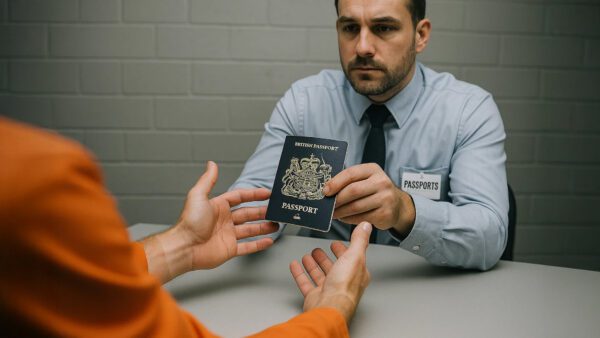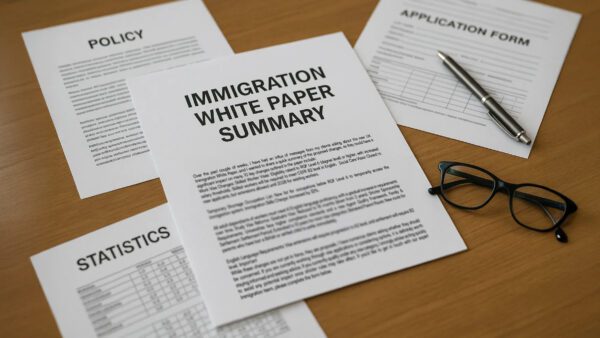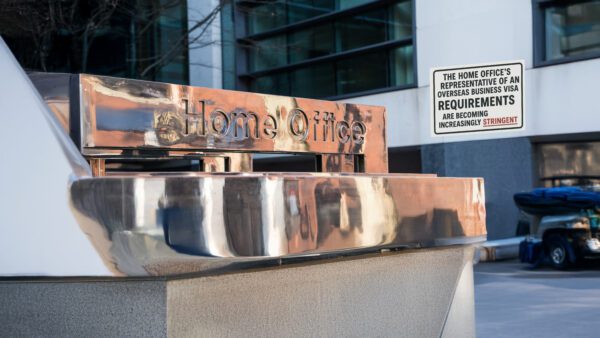If you’re looking to employ individuals in the UK’s creative industry—such as artists, dancers, musicians, and actors—they must apply for a Creative Worker visa. To hire talent through this scheme, your organisation must hold a sponsor licence.
Sponsor licences, granted by the Home Office, enable UK-based organisations to employ non-UK resident workers on either a temporary or permanent basis (see our earlier related article here). We assist organisations through the sometimes challenging process of obtaining a sponsor licence, offering comprehensive support from start to finish. Additionally, we provide ongoing licence management to ensure your organisation remains compliant with all requirements.
If you operate in the UK’s creative sector and wish to employ a non-UK resident, consider the following:
1. Does The Role Fall Within The Appendix Creative Worker Codes of Practice?
- Eligibility: The Home Office has a list of eligible roles in the Appendix Creative Worker Codes of Practice. If the role you want to fill is listed, you must adhere to the instructions under each relevant code and document every step. Compliance is crucial, as the Home Office may audit your business, and non-compliance could result in the revocation of your sponsor licence.
- Instructions: Each code details the appropriate salary rate, advertising requirements to demonstrate local recruitment efforts, exemptions from advertisement requirements, and other specific conditions for each role.
2. What If The Role Does Not Fall Within The Codes of Practice?
If the role isn’t listed in the Codes of Practice, you must meet two conditions:
- Skilled Occupations: The role must correspond to a code listed in the Appendix Skilled Occupations.
- Unique Contribution: You must demonstrate that both the individual and the role will make a unique contribution to the UK’s creative life.
3. Sponsoring Technical or Support Staff
Creative Workers often require their technical or support staff, known as ‘entourage,’ to accompany them to the UK. You can sponsor these individuals if their employment is directly related to the Creative Worker’s activities in the UK. However, not all entourage members are eligible, and certain restrictions apply.
4. Assigning The Certificate of Sponsorship (COS)
When assigning a CoS to a Creative Worker, remember the extra step of confirming compliance with the relevant creative code of practice (if applicable) or detailing how the worker will uniquely contribute to the UK’s creative life. There’s a 250-word limit for this confirmation, but you can provide additional information in a Sponsor’s note to ensure sufficient detail is provided.
Conclusion
By adhering to these guidelines, you can successfully navigate the process of hiring non-UK resident creative professionals, ensuring compliance and fostering talent within your organisation.
If you or your connections require legal advice, please contact Jayesh Jethwa or fill out our enquiry form below.









